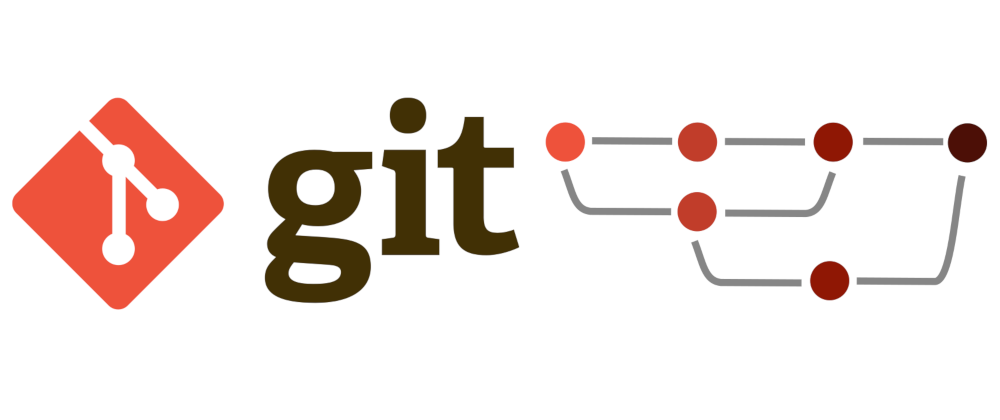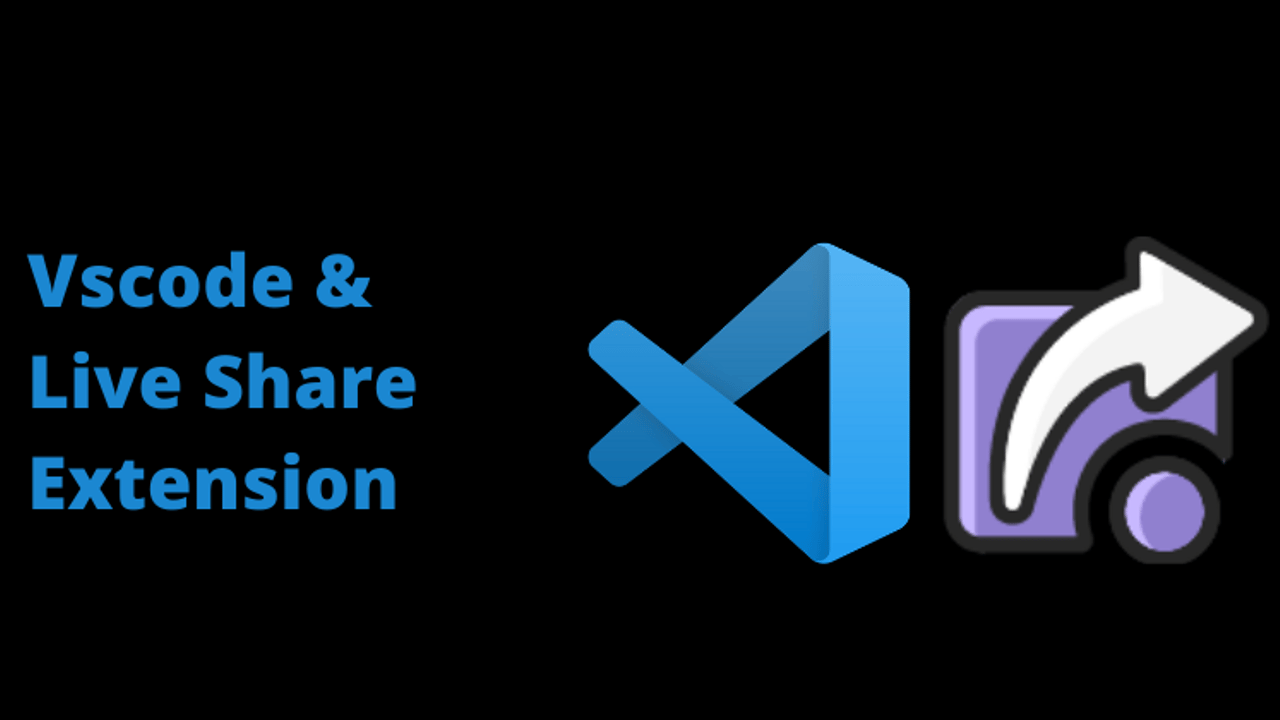Unveiling the Secrets: How Remote Teams Master Code Collaboration
Code Collaboration Tools for Remote Teams
In today's globally connected world, remote teams are the norm, not the exception. The ability to collaborate effectively on code is paramount for success. Luckily, a wealth of tools exist to facilitate seamless teamwork, even across geographical boundaries. Let's delve into some of the leading options, examining their strengths, weaknesses, and ideal use cases.
GitHub: The Industry Standard
GitHub reigns supreme as the most popular platform for code collaboration. Its vast community, robust features, and integration capabilities make it a go-to for both individual developers and large organizations. Beyond simple code storage, GitHub offers:
- Version Control: Using Git, developers can track changes, revert to previous versions, and manage code history with ease. This is crucial for preventing errors and ensuring code stability.
- Collaboration Features: Pull requests, code reviews, and issue tracking allow developers to work together effectively on shared projects. This fosters a collaborative environment and promotes higher code quality.
- Extensive Integrations: GitHub integrates seamlessly with a vast array of development tools, simplifying the workflow and boosting productivity. This interoperability is a key differentiator.

Imagine a scenario where multiple developers are contributing to a large-scale software project. GitHub provides a centralized repository for all code, enabling each developer to work on their part independently while keeping the project synchronized. Pull requests then serve as a formal process for merging changes, ensuring code quality and consistency.
While GitHub is powerful, its extensive features might feel overwhelming to new users. The learning curve can be steep, requiring dedicated time and effort to master the various functionalities. However, the benefits far outweigh this initial investment for larger teams and projects.
Bitbucket: Git Workflow Made Simple
Bitbucket, often viewed as a more streamlined alternative to GitHub, presents a user-friendly interface and robust features specifically designed for team collaboration. Its strengths lie in:
- Simplified Workflow: Bitbucket aims for ease of use, making it easier for teams to adopt and integrate into their workflows. This reduces friction and boosts productivity.
- Integrated Issue Tracking: Bitbucket neatly integrates issue tracking, allowing teams to manage bugs, features, and improvements directly within the code repository.
- Private Repositories: Unlike GitHub, Bitbucket offers unlimited private repositories, ideal for teams working on proprietary software or sensitive projects.
Consider a smaller development team working on a proprietary project. Bitbucket's focus on simplicity and private repositories makes it an attractive option. The streamlined workflow and integrated issue tracking help teams work collaboratively and manage projects efficiently. The ease of use makes adoption simpler and faster compared to the potentially steeper learning curve of GitHub.
While Bitbucket is great for simpler projects and private repositories, it might lack some of the extensive features and community support offered by GitHub. For very large projects or teams requiring a high degree of customization, GitHub might still offer a better platform. The choice often depends on team size, project scope, and budgetary considerations.
VS Code Live Share: Real-time Collaboration
VS Code Live Share elevates code collaboration to a new level by providing real-time collaborative editing and debugging capabilities directly within the VS Code IDE. This tool is specifically designed for:
- Real-time Editing: Multiple developers can simultaneously edit the same code files, seeing each other's changes in real-time. This allows for spontaneous collaboration and accelerates the development process.
- Shared Debugging: Developers can collaboratively debug code, stepping through the program together and identifying issues more quickly.
- Seamless Integration: Tight integration with VS Code ensures a smooth workflow, eliminating the need for context switching between different tools.
Imagine a scenario where a developer is stuck on a complex debugging issue. Using VS Code Live Share, they can quickly invite a colleague to join their session. Both developers can then view the code, debug together, and find solutions significantly faster than if they were working independently. This is a powerful demonstration of the efficiency gains offered by real-time collaboration.

While VS Code Live Share enhances collaborative coding significantly, its functionality is entirely dependent on the VS Code IDE. Teams not primarily using VS Code might find it less useful. Furthermore, while real-time collaboration is invaluable for debugging and quick problem-solving, it's not a replacement for a robust version control system like Git, which is essential for managing code changes over time. The tool is best integrated within a broader collaborative strategy.